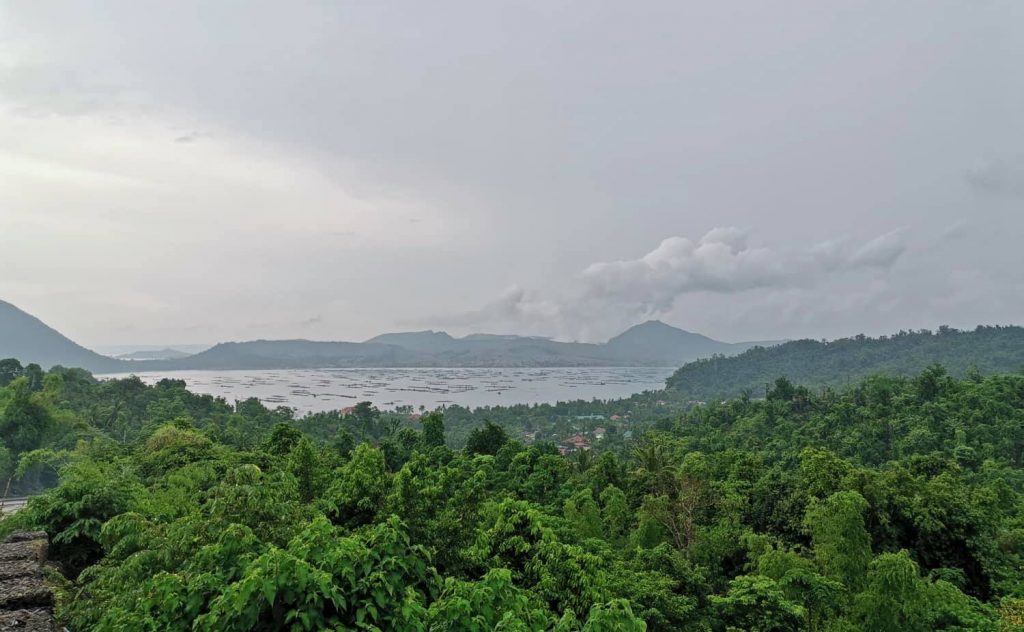News
Alert 3 in Taal stays; de-escalation possible in 2 weeks

MANILA – The alert status in Taal Volcano is likely to remain at Level 3 (magmatic unrest) and could be further downgraded if volcanic activity continues to go down without any explosions in the next two weeks.
“At present, the alert level 3 status could be sustained. If the (volcanic activity) would continuously decrease starting today, and there are no explosions, we could de-escalate its alert status within two weeks,” Philippine Institute of Volcano and Seismology (Phivolcs) director Renato Solidum Jr. told President Rodrigo Duterte in the latter’s Talk to the People Tuesday night.
Taal Volcano erupted in January 2020, July 2021, and last Saturday, March 26.
“If we compare the eruption in January 2020 as opposed to the eruption last Saturday, the recent eruption was much smaller. The height of the eruption column reached 16 kilometers in 2020, versus 3 kilometers (tall) last Saturday,” he said.
Volcanic plumes are columns of hot volcanic ash and gas emitted into the atmosphere during an explosive volcanic eruption. A weaker eruption is based on the height of the plume coming out of the crater.
Phivolcs on Saturday raised the alert level of the Taal Volcano from Level 2 (increasing unrest) to Level 3, which means that magma extruding from the main crater could drive explosive eruptions.
“We recommended the evacuation from barangays Agoncillo, Banyaga, Bilibinwang, Laurel, Boso-Boso, Gulod, and eastern part ng Bugaan East,” Solidum said, adding that these are the areas that could be mostly affected should there be bigger eruptions.
Solidum, meanwhile, noted that the sulfur dioxide emission from the volcano is harmful to one’s health.
Health Secretary Francisco Duque III, who was also in the President’s talk, said people should stay indoors, avoid opening the windows and doors, use wet curtains, and wear face masks.
Prepare a medicine supply for asthma and other allergies that could be triggered by ash fall, Duque added.
The Health chief also advised the use of protective goggles and avoid wearing of contact lenses. Food safety should also be ensured by washing it thoroughly and drinking water should be sealed, he said.





















